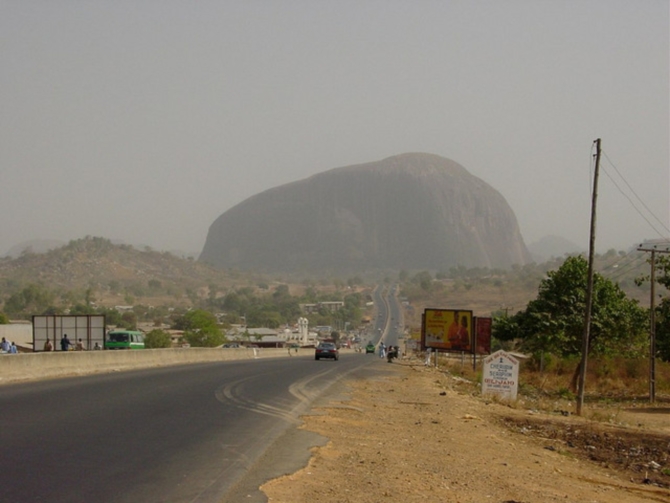The rise in terrorist attacks and insurgency in parts of Nigeria has plunged the country’s property market into a new recession with a fall in demand dragging down values by as much as 40 per cent.

With attacks like the kidnap of 200 schoolgirls from the northern Borno State, two bomb blasts in the suburbs of Abuja, and twin explosions at a market in Jos, many businesses have abandoned thoughts of expansion —effectively stalling the country’s fragile recovery.
Another problem hitting town centres and retailers, according to Fred Akinloye, the former chairman of the Nigerian Institution of Estate Surveyors and Valuers, is the sheer number of people fleeing the trouble-hit north-eastern region. In some towns the vacancy rate for business premises is as high as 30 per cent.
“People are moving down south,” Akinloye said. “The insurgency is also affecting the construction industry negatively, though there are other factors like the upcoming general elections. Unarguably, we are going through some very difficult times.” The run-up to elections traditionally sees a glut of property coming onto the market as people and organisations raise money for political campaigns.
The one time NIESV chairman, explained the impact of terrorist attacks was having a “devastating” effect on property prices. In prime locations such as Kano prices have fallen by as much as 30 or 40 per cent. From a high of N10m (£36,500) per plot, current values are as low as N6m (£21,900).
The dangers to both developers and construction workers have already stalled seven hotel projects valued at N15bn (£54.8m) in northern Nigeria, while a few hotels already completed or nearing completion cannot be opened due to low patronage and apprehension among travellers.
In the federal capital of Abuja — one of Nigeria’s most vibrant construction and leasing markets — the security threats are slowing activities in the property sector as real estate investors shy away from the risk.
“Abuja’s property market can be best described as one that has been sleepy since the turn on the new year,” said one Maitama-based agent who maintained that since the security challenge in Abuja and its environs had escalated, property investors had remained sceptical of ploughing huge funds into the market.
“Foreign investors who usually come to the market with as much as N300m (£1m) to buy choice properties and consequently lease or rent to willing tenants are now looking elsewhere because of the deteriorating state of security,” said Ralph Osueke.
But, according to Ibrahim Haruna the immediate past president of Nigeria’s Institute of Architects, the insurgency was affecting a very limited area of the country. While private developers in Kano had put investment and development plans on hold, the state government was pressing ahead with its construction activity by building four new cities with work continuing uninterrupted at all the various sites.
On Thursday Nigerian President Goodluck Jonathan pledged to wage “total war” against Boko Haram, the militant group behind the increasingly violent insurgency.